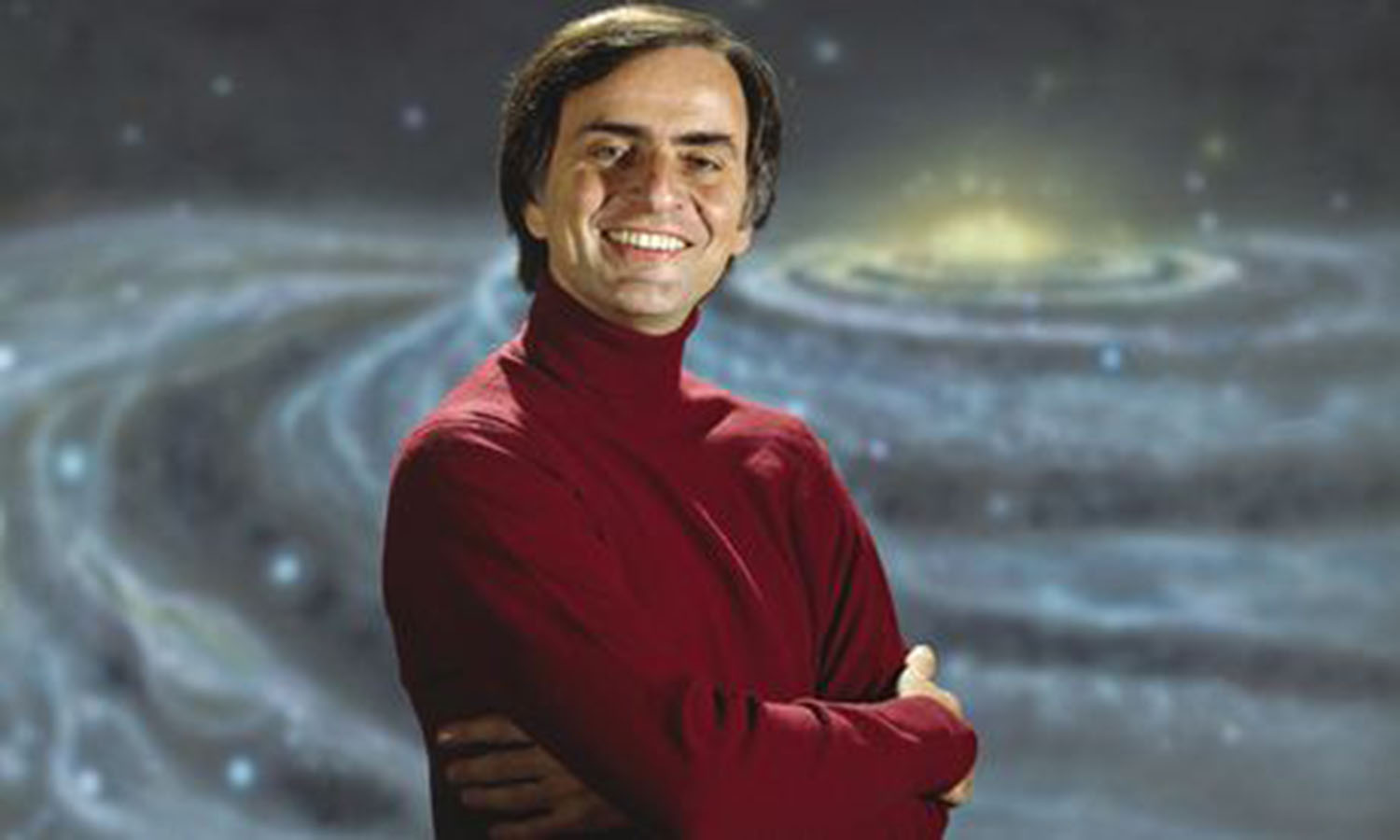Science and humanity are intrinsically related to each other, the piece that follows establishes this link once again in the light of Carl Sagan’s ideas in this context.
Jayashree Doley is a former student of Azim Premji University, Bangalore.
There is something about science that has the potential to bring people together. You can mull over why the color of the sky is blue, argue with people over it without the fear of hurting their sentiments. Humanities on the other hand are a whole new ball game altogether. Every word you speak has to be uttered with caution and every argument prefixed with ‘I think’. You never know how anything will be perceived by someone with a different social and cultural location. It is sometimes very hard to find common ground. Of course, my simplistic notion that arguments in Science do not lead to hurt sentiments is not completely true. But at least, scientific thought stems from things outside of you. You do not solely rely on the contents of your mind and your experiences to form theories. In science, you can experiment with the physical world and reach at a consensus. This consensus can take the form of concrete laws if you will. Social experiments are difficult to carry out and one can only theorize.
Carl Sagan had once argued that science is not a body of knowledge. It’s a way of life, an attitude of wonder and questioning. It’s ironical and funny that in this piece of write-up, I am going to be an advocate of science when in reality science has never been my first love. I go to it only in moments of tremendous stress, when I feel exhausted of hearing the multiple conflicting voices of humanities and social sciences. Science tells us that our intuition is not always the best place to go to when we want to understand the world. It requires thinking on a different plane. I once had the good fortune to see three famous faces of science – Stephen Hawking, Arthur C. Clarke and Carl Sagan being interviewed together, which I found online. Oh what a treat it was! The interviewer was echoing my own sentiments when he said that all this talk of a four-dimensional model of the universe was ‘stretching his own capacity for imagination to the utmost and that he would rather retreat to the trivial questions of life’. To which, Carl Sagan being Carl Sagan replies that he need not feel bad about it. To quote his exact words, ‘The first thing I would say is not to feel bad if it is not immediately intuitively obvious. Our ability to understand things instantly, our so called common sense derives from a certain range of size and speed and duration that are appropriate for human existence. We know about things from a tenth of a millimeter to a few kilometers, a fraction of a second to a lifetime and so on. So when we are dealing with matters of quantum physics where there are particles of the size of ten to the power minus thirteenth centimeters or in cosmology where we are talking about ten billion light years or more, it is very reasonable that our intuition is not adequate to the task.’ At that moment, I was biting my nails and wondering how the interviewer’s dilemma would be addressed. Would these scientists get irritated by this seemingly blatant display of ignorance? Or would they dodge the remark with condescending laughter? Neither happened. All we got was a perfectly rational explanation that neither mocked nor glorified our human condition. It in fact provided an incentive and an entry point to these seemingly formidable fields of science.
Through his shows like the ‘Cosmos’, Carl Sagan had popularized Science in the 1980’s and made it accessible to everyone. His approach to Science was never one-dimensional and neither were his questions limited to Science. He was deeply concerned about where humanity is headed, as is evident from how he talked about it in his shows. It would be a good time now to revisit them and listen to the humble and intelligent Carl Sagan speak.
The New Leam has no external source of funding. For retaining its uniqueness, its high quality, its distinctive philosophy we wish to reduce the degree of dependence on corporate funding. We believe that if individuals like you come forward and SUPPORT THIS ENDEAVOR can make the magazine self-reliant in a very innovative way.










